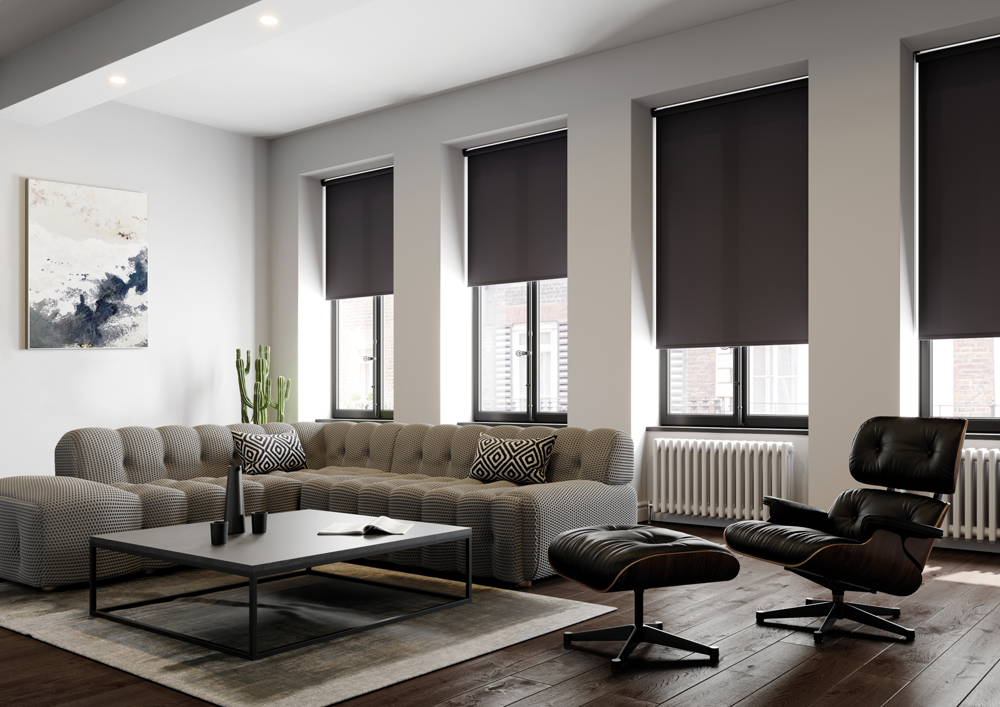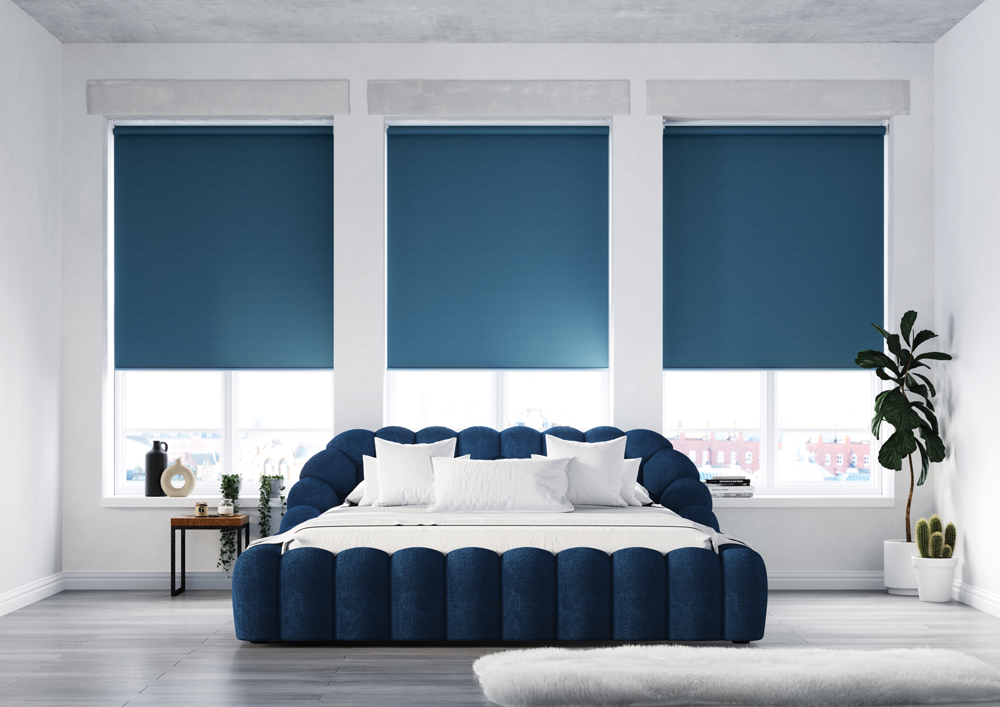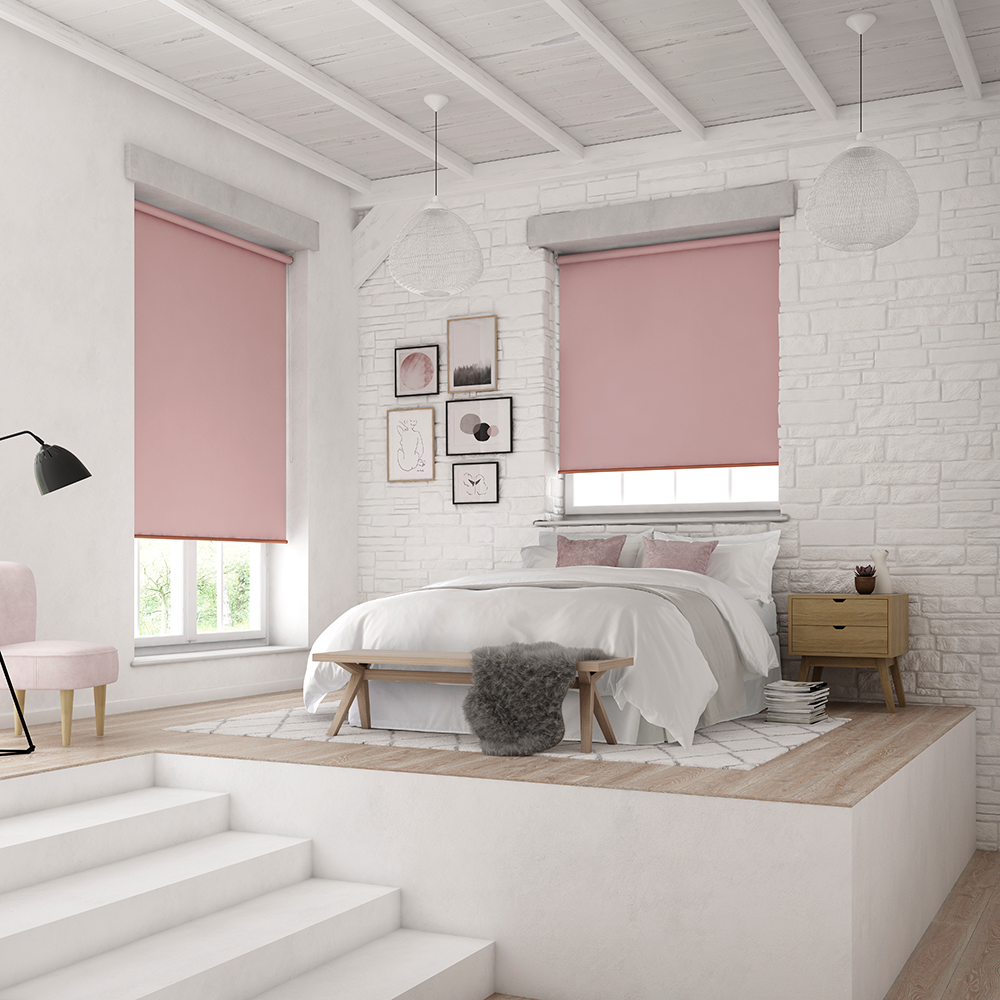Introduction
As homeowners, we are always looking for ways to increase the energy efficiency and comfort of our living spaces. One popular solution is the installation of blackout blinds, which are designed to block out light and provide a high level of privacy. But do these blinds also help keep heat out? In this comprehensive guide, we will explore the insulating properties of blackout blinds, their effectiveness in maintaining comfortable temperatures, and how to choose the right ones for your home.
Understanding Blackout Blinds
Blackout blinds are a type of window treatment designed specifically to block out light and create a dark environment. They are typically made from thick, opaque materials, often with a special coating or lining that prevents light from passing through. Blackout blinds can be found in various styles, such as roller blinds, Roman blinds, and even cellular blinds. Their primary function is to provide total darkness, making them an ideal choice for bedrooms, home cinemas, and other spaces where light control is essential.
Blackout Blinds and Heat Insulation
While the primary function of blackout blinds is to block out light, they also have the added benefit of providing some insulation. The thick, opaque materials used in these blinds act as a barrier, preventing heat transfer between your home’s interior and the outdoors. This can result in a more comfortable living environment and potentially lower energy bills. Here are some ways blackout blinds can help keep heat out:
Reducing Solar Heat Gain
One of the primary ways blackout blinds help keep heat out is by reducing solar heat gain. When sunlight enters your home through the windows, it can cause your space to heat up significantly. This is especially true during the hot summer months when the sun is at its strongest. By blocking out sunlight, blackout blinds can prevent solar heat gain and help maintain cooler temperatures inside your home.
Providing Insulation
Blackout blinds can also help keep heat out by providing insulation. The thick, often multi-layered materials used in these blinds create a barrier between your home and the outdoors, preventing heat transfer. This means that during the hot summer months, the heat from outside will have a harder time penetrating your home, keeping your interior cooler.
Check out our Thermal Blinds.
Reducing Air Leaks
Windows are a common source of air leaks in a home, allowing drafts to enter and cool air to escape. By fitting blackout blinds snugly against your windows, you can help reduce these air leaks, further improving your home’s insulation and energy efficiency.
Factors to Consider When Choosing Blackout Blinds for Heat Insulation
To maximise the heat-insulating benefits of blackout blinds, consider the following factors when selecting the perfect blinds for your home:
Material
The material used in the construction of your blackout blinds will play a significant role in their ability to block out heat. Look for blinds made from thick, high-quality fabrics with a special lining or coating that enhances their insulating properties. Some blackout blinds may also feature a reflective layer that helps bounce heat back outside, further reducing heat gain.
Fit and Installation
Proper fit and installation are crucial for the effectiveness of blackout blinds in keeping heat out. Make sure your blinds are accurately measured and cut to fit your windows snugly, leaving minimal gaps around the edges. This will ensure that they can effectively block out light and heat, providing the best insulation possible.
Style
Blackout blinds come in various styles, including roller blinds, Roman blinds, and cellular blinds. Each style offers different levels of insulation, so it’s essential to choose the one that best suits your needs. For example, cellular blinds, also known as honeycomb blinds, feature a unique honeycomb design that traps air, providing excellent insulation and making them a great option for heat control.
Colour
The colour of your blackout blinds can also impact their ability to keep heat out. Lighter colours tend to reflect more sunlight, which can help reduce solar heat gain. In contrast, darker colours can absorb more heat, potentially making your room warmer. However, the difference in heat absorption between light and dark colours may not be significant if the blinds have an effective blackout lining. Therefore, choose a colour that complements your interior design while considering the potential impact on heat insulation.
Integration with Other Window Treatments
For maximum heat insulation, consider combining your blackout blinds with other window treatments, such as curtains or thermal window film. This layered approach can further improve your home’s insulation, keeping it cooler during the summer months and warmer during the winter.
Energy Efficiency Ratings
Some blackout blinds come with energy efficiency ratings that indicate their effectiveness in insulating your home. Look for blinds with a high rating to ensure you’re getting a product that will genuinely help keep heat out and reduce your energy consumption.
In conclusion
Blackout blinds can indeed help keep heat out of your home, making them a valuable addition to your window treatments. By blocking sunlight, providing insulation, and reducing air leaks, these blinds can contribute to a more comfortable and energy-efficient living space. When choosing blackout blinds for heat insulation, consider factors such as material, fit, style, and colour, and explore the possibility of integrating them with other window treatments for maximum effectiveness. With the right blackout blinds in place, you can enjoy a cooler home during the hot summer months and potentially lower energy bills year-round.
 White
White Blue
Blue Grey
Grey Green
Green Black
Black Pink
Pink Natural
Natural Purple
Purple Cream
Cream Orange
Orange Brown
Brown Red
Red Silver
Silver Gold
Gold
 Your Samples
Your Samples


